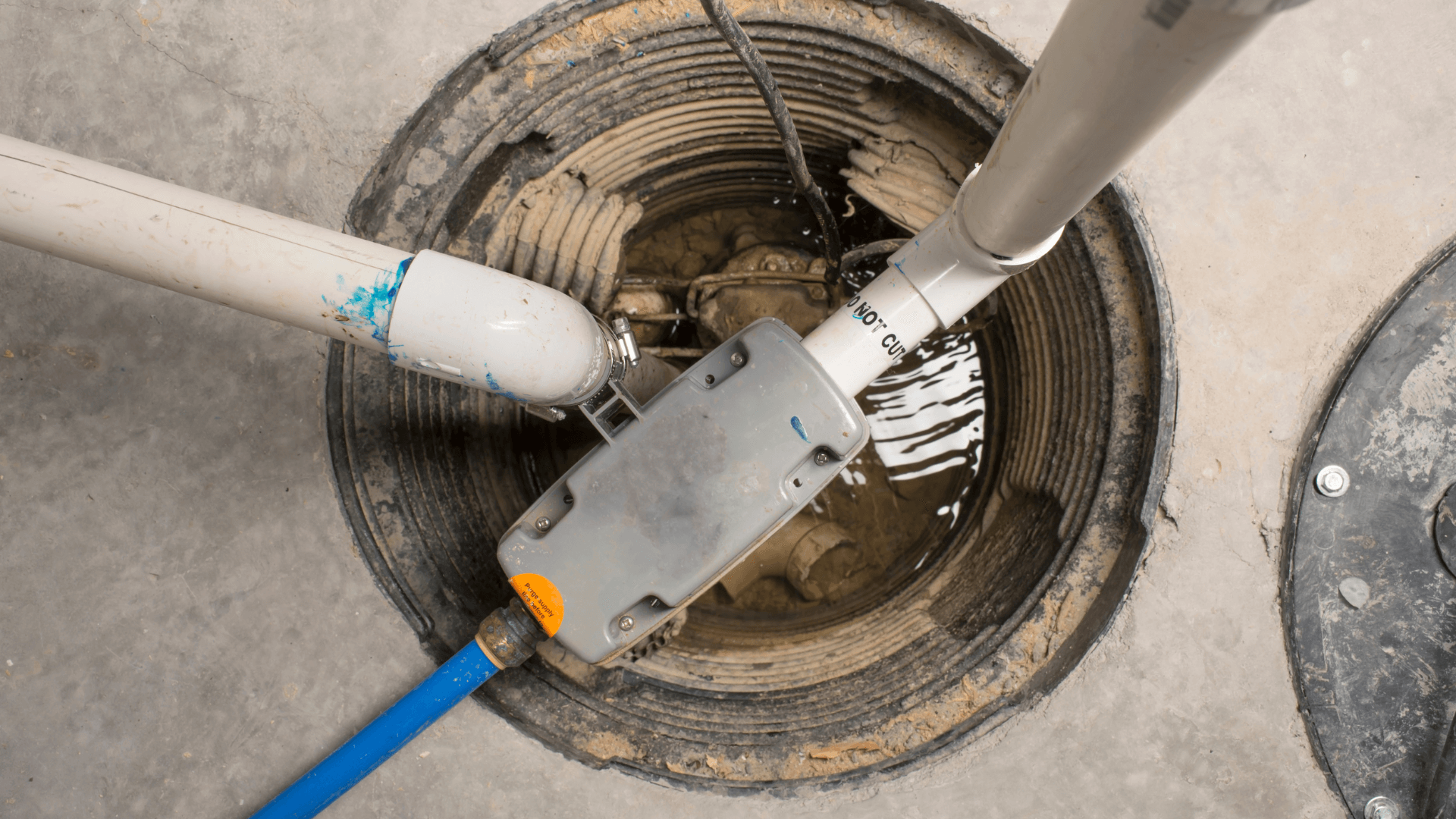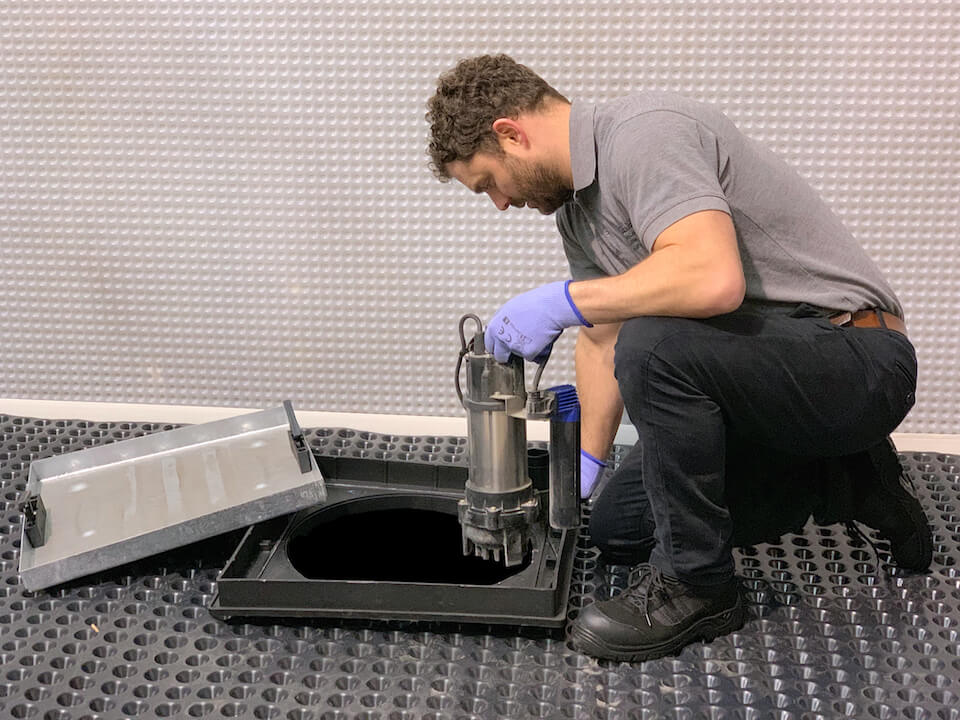Simple Instructions for Servicing a Sump Pump
Simple Instructions for Servicing a Sump Pump
Blog Article
We have discovered this post about Cleaning & Maintenance Tips for Your Home's Sump Pump below on the web and reckoned it made perfect sense to discuss it with you here.

Sump pumps are crucial elements in numerous homes, specifically in locations vulnerable to flooding or excessive moisture. They aid avoid water damage by efficiently getting rid of excess water from cellars or crawl spaces. Nonetheless, like any other device, sump pumps call for regular maintenance to guarantee they operate effectively when needed one of the most. Cleansing your sump pump is a crucial part of its maintenance, and understanding just how to do it effectively can conserve you from costly fixings and prospective calamities.
Introduction
Keeping a clean sump pump is essential for its correct performance and longevity. Disregarding this necessary job can bring about clogs, breakdowns, and eventually, water damages to your property. Therefore, learning exactly how to clean a sump pump is essential for homeowners who count on these devices to maintain their cellars dry and safeguarded.
Recognizing the Sump Pump
Before diving right into the cleansing process, it's important to have a standard understanding of how a sump pump functions. Normally installed in a pit or basin listed below the cellar floor, a sump pump contains numerous vital elements, including a pump, a float switch, and a discharge pipeline. When water collects in the pit, the float switch turns on the pump, which then pumps the water out via the discharge pipeline, far from the structure's foundation.
Indicators of a Dirty Sump Pump
Recognizing when your sump pump requires cleaning is essential for protecting against possible malfunctions. Some common signs that indicate a dirty sump pump include unusual noises throughout procedure, minimized water flow, and visible debris in the pit. If you notice any one of these signs, it's essential to cleanse your sump pump quickly to prevent any kind of additional problems.
Preparing for Cleaning
Prior to you start cleaning your sump pump, it's necessary to take some security preventative measures. Start by turning off the power to the pump to avoid any type of electrical crashes. Additionally, put on proper safety gear, such as handwear covers and safety glasses, to shield yourself from dust, debris, and potential microorganisms.
Detailed Guide to Cleansing a Sump Pump
Turning off the Power
Begin by separating the power supply to the sump pump to prevent any type of crashes while cleaning.
Removing Debris and Dirt
Make use of a bucket or an inside story to eliminate any type of noticeable particles, dust, or debris from the sump pit. Dispose of the debris appropriately to prevent it from obstructing the pump or the discharge pipeline.
Cleansing the Pump and Drift Switch Over
Once the pit is free from debris, carefully get rid of the pump from the pit. Examine the pump and the float switch for any kind of signs of damage or wear. Utilize a soft brush or cloth to cleanse the surface areas and remove any type of collected crud.
Purging the System
After cleansing the pump and float switch, flush the sump pit with tidy water to remove any type of staying dirt or sediment. This will aid make certain that the pump runs efficiently and efficiently.
Checking for Appropriate Performance
Before reinstalling the pump, execute a quick test to ensure that the float button triggers the pump appropriately. Pour some water right into the sump pit and observe the pump's operation. If whatever is working correctly, you can reassemble the pump and reconnect the power supply.
Upkeep Tips to Maintain Your Sump Pump Clean
In addition to periodic cleaning, there are a number of maintenance tips you can comply with to keep your sump pump in optimal condition:
Conclusion
Cleaning your sump pump is a crucial facet of its upkeep and ensures that it runs effectively when you need it the most. By adhering to the actions laid out in this overview and integrating regular upkeep into your regimen, you can prolong the life expectancy of your sump pump and shield your home from water damages.
How To Effectively Clean A Sump Pump
If your home has a basement and it’s constantly flooding, installing a sump pump may be the best solution for your problem. A sump pump is an effective device that helps keep excess water away from your property. It is typically installed in the lowest point of the property (like a basement), where the pump’s valves can detect rising water and automatically turn on and start pumping the water into a designated drain outside your property.
Sump pumps available in the market today are all pretty tough, ensuring that the device can do its job for a long time. However, much like any piece of machinery, sump pumps must be maintained and cleaned regularly to ensure optimal performance and longevity. If a sump pump is not cleaned at least once a year, sludge and debris will eventually build up and cause all sorts of problems to the machine.
This article is all about just that: sump pump maintenance and cleaning. But before we get to the nitty-gritty, let’s take a quick rundown on the two types of sump pumps and their parts, so you’ll be able to understand the cleaning process clearly.
Submersible
Submersible sump pumps are powered by electricity and are composed mainly of a body and a motor. Submersibles are normally placed deep in a sump pit filled with water, which prevents the device from overheating so it can operate longer.
Pedestal
Pedestal sump pumps are mounted on top of a long tube that runs above the sump pit. Pedestals are great for small basements with limited space.
Prepare Cleaning Items
Some of the things that you should have on your cleaning list are a large plastic or garbage bag, a broom, a bucket, a scraping tool, and a shop vacuum. Once you have these items, shut off the water supply to your sump.
Light The Basement
Unless your basement has a good light source, bring a lamp or flashlight so you can better see what you’re cleaning, especially the bottom of the pit where debris can accumulate.
Remove The Sump
Unplug the equipment and take it out of the sum pit. Place this temporarily in your plastic or garbage bag to prevent excess water from dripping.
Clean The Pit
Check the sump pit for any dry leaves, twigs, and other debris that may have collected inside. Use the broom to sweep the bottom.
Clean The Sump
This process is best done outside, as cleaning sump pumps can be messy. Consider using a sump pump cleaning solution, although it’s better to settle for a garden hose and water. Use this to spray the sump. Afterward, use your scraping tool to remove any remaining grime. Follow this up with a second garden hose spray to ensure that your sump is completely clean.
Drain The Check-Valve
Doing this should drain any remaining water from the equipment. Use a bucket to catch the drained water to prevent unnecessary mess.
If the valve is the type that can be disassembled, do it so that any water can be drained out more efficiently. Afterward, reassemble the check valve, rinse it with water, and dry it outside.
Vacuum The Pit
After the check valve has been drained, you can use your shop vacuum to remove any standing water from the sump pit. Although this step is unnecessary, it will remind you never to place your sump in a dirty pit.
Replace The Sump
Reconnect your sump to the discharge pipe, but only after ensuring that the device is completely dry. Carefully plug the equipment in. If you have turned off the power source previously, turn it back on before plugging in the sump.
https://absolutefix.com/blog/how-to-effectively-clean-a-sump-pump/

As a fervent reader about Cleaning & Maintenance Tips for Your Home's Sump Pump, I imagined sharing that excerpt was sensible. Remember to pause to distribute this blog if you enjoyed reading it. Thanks a lot for your time. Return soon.
Call Today Report this page